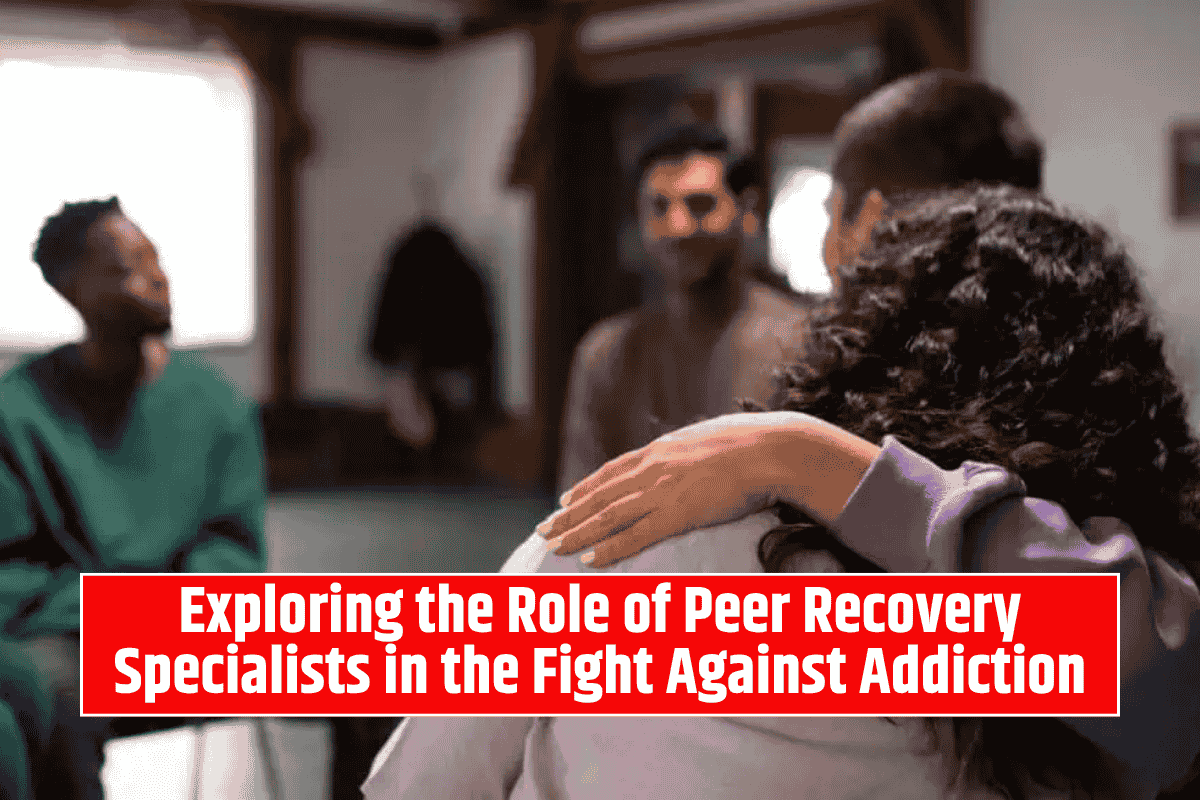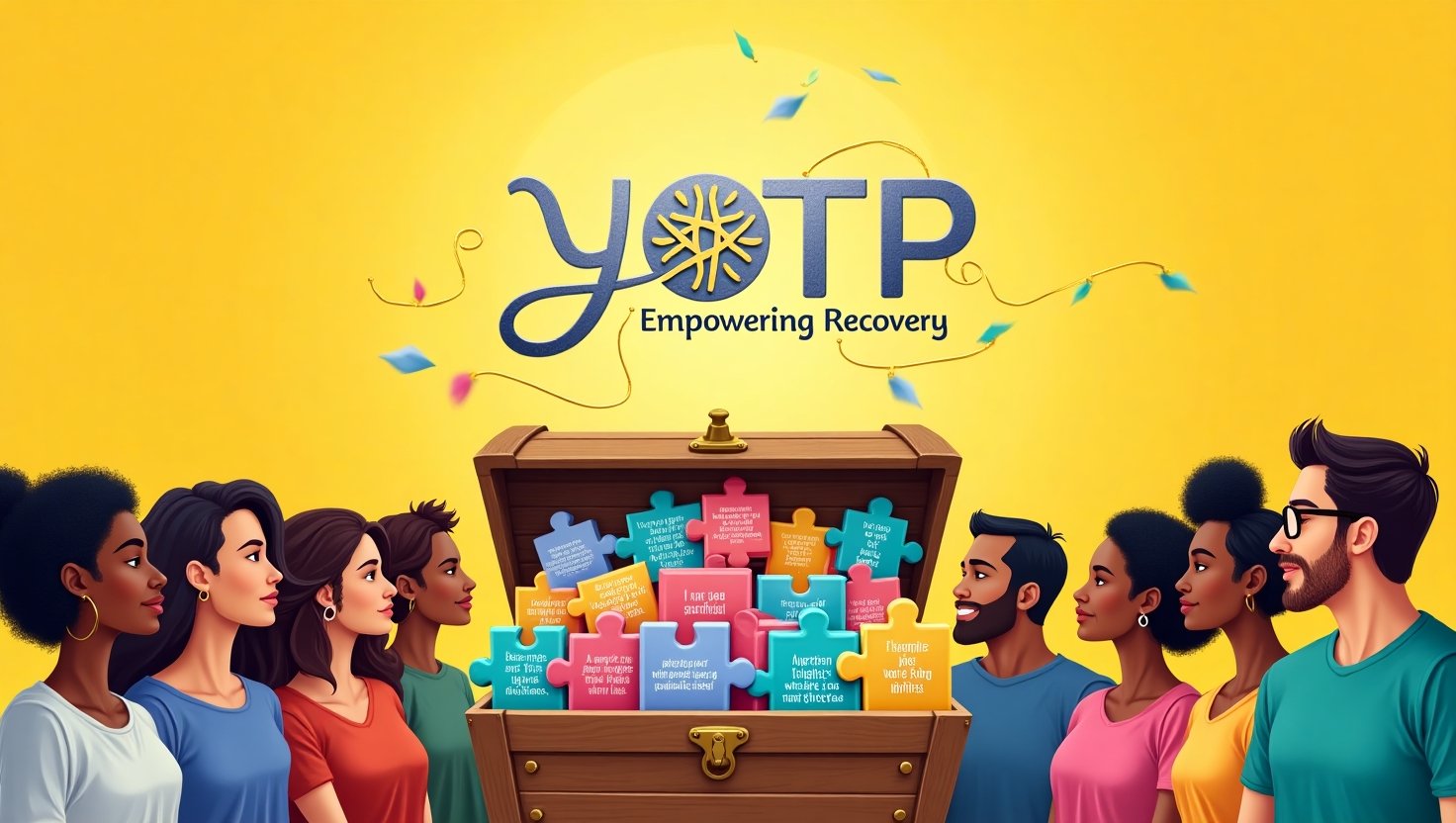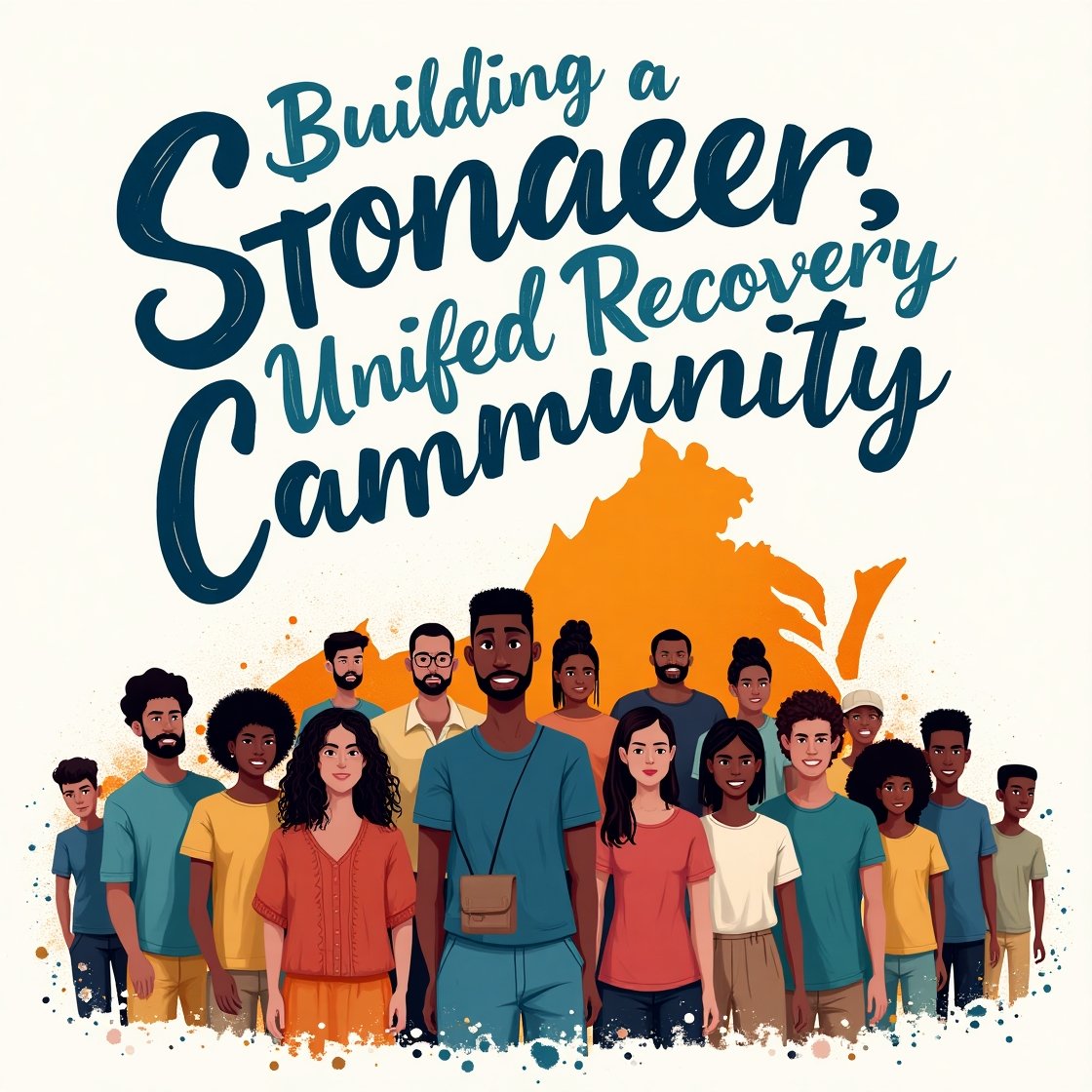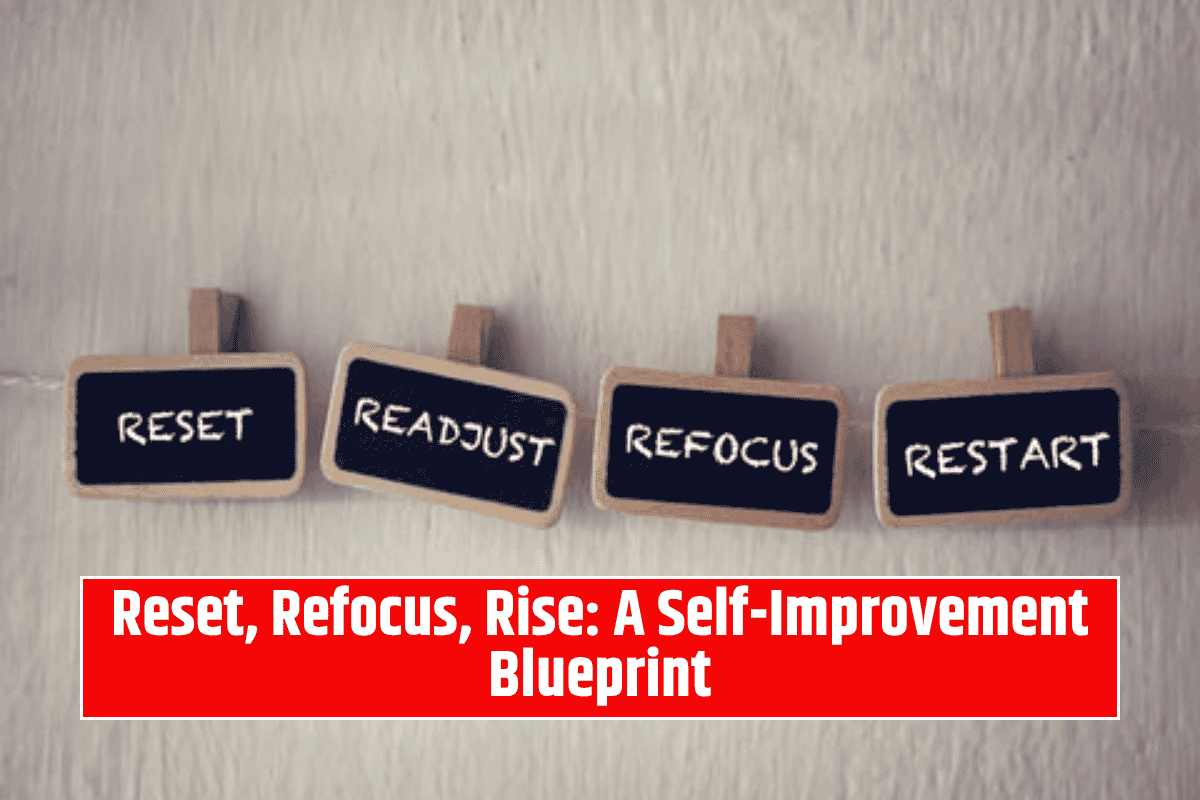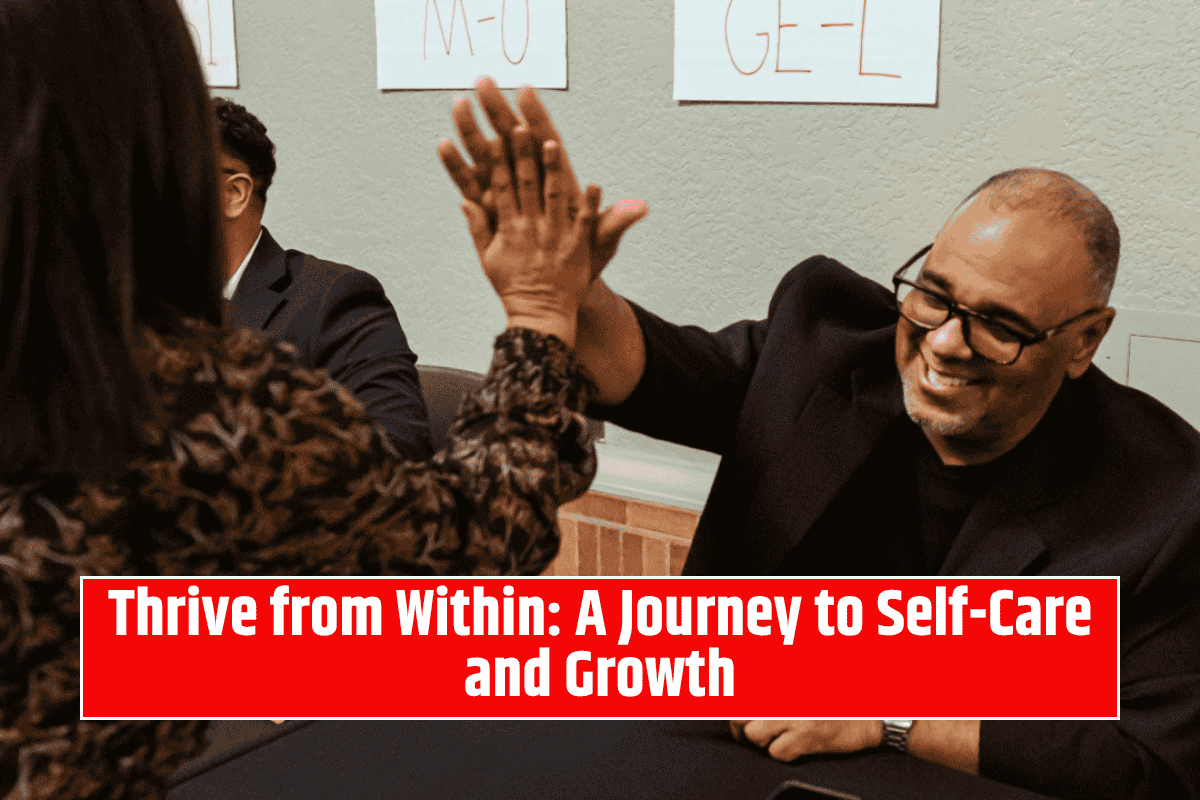Addiction is a complex challenge that impacts individuals on multiple levels—physically, emotionally, and socially.
While traditional clinical treatments are crucial in recovery, the addition of Peer Recovery Specialists (PRS) has become an essential approach in supporting individuals battling substance use disorders.
These specialists, who have firsthand experience with addiction, offer a unique, empathetic perspective that enhances the recovery process.
Understanding Peer Recovery Specialists
Peer Recovery Specialists are individuals who have personally navigated addiction and recovery. Their lived experiences allow them to connect with others facing similar struggles, offering support that is not only relatable but grounded in understanding.
Unlike traditional counselors, Peer Recovery Specialists focus on providing guidance, encouragement, and practical advice based on their own journeys through recovery.
The Impact of Peer Support
The inclusion of Peer Recovery Specialists in addiction treatment programs has shown remarkable results.
A report by the Community Care Behavioral Health Organization revealed that individuals receiving peer support services saw an 18% reduction in psychiatric readmissions and a 66% decrease in substance use disorder readmissions.
These numbers emphasize the significant role that peer support plays in fostering long-term recovery.
Peer Support in Diverse Settings
Peer Recovery Specialists work in a variety of settings, such as hospitals, outpatient clinics, and community organizations.
One notable example is ChristianaCare’s Project Engage initiative, which has utilized PRS to assist patients in emergency departments.
Since its launch, the program has engaged over 27,000 patients, with more than 60% of these engagements resulting in referrals to community treatment upon discharge.
In addition, in the Upper Cumberland region, the Upper Cumberland Human Resource Agency (UCHRA) has assigned certified Peer Recovery Specialists to each county to aid in opioid addiction recovery.
These specialists actively engage individuals, providing support and connecting them to resources tailored to their specific needs.
Training and Certification
To ensure that Peer Recovery Specialists are equipped with the right skills and knowledge, several states have developed certification programs.
Tennessee’s Department of Mental Health and Substance Abuse Services (TDMHSAS) has certified over 1,500 Peer Recovery Specialists.
These specialists undergo extensive training, which includes a 40-hour course and supervised peer support services, to prepare them to assist others effectively.
Challenges and Advocacy
While the benefits of peer support are well-documented, challenges remain in fully integrating Peer Recovery Specialists into mainstream addiction treatment. One of the main obstacles is the inconsistency in certification and reimbursement policies across states.
A report by the Policy Center for Maternal Mental Health highlights that while 48 states and Washington, D.C., offer certification for peer support specialists, Medicaid reimbursement for these services is not consistently available.
This lack of standardization can limit access to peer support services, especially in underserved areas.
Efforts are underway to address these challenges. For instance, U.S. Senator Tim Kaine from Virginia has introduced the federal PEER Support Act, which aims to strengthen the role of Peer Recovery Specialists nationwide.
This proposed legislation seeks to standardize certification processes and ensure consistent reimbursement for peer support services, helping to enhance access to these crucial resources.
Peer Recovery Specialists are an invaluable part of the fight against addiction. Their combination of lived experience and professional training allows them to offer support that is both compassionate and effective.
As our understanding of addiction continues to evolve, integrating peer support into treatment programs will be essential in providing well-rounded care that addresses the diverse needs of individuals in recovery.
Continued advocacy and policy reforms are necessary to ensure that everyone has access to the support they need on their journey to recovery.
FAQs
What is a Peer Recovery Specialist?
A Peer Recovery Specialist is someone who has personally experienced addiction and recovery. They use their lived experience to provide support, guidance, and encouragement to individuals currently struggling with substance use disorders.
How do Peer Recovery Specialists assist in addiction recovery?
Peer Recovery Specialists help individuals by offering emotional support, practical advice, setting goals, and connecting them to necessary resources such as housing, employment, and treatment services. They also facilitate group sessions and offer peer-to-peer support.
What qualifications do Peer Recovery Specialists need?
Peer Recovery Specialists typically have personal experience with addiction recovery and undergo specialized training and certification programs. These programs include a 40-hour course and supervised peer support services to ensure they are well-prepared to help others.
What is the significance of peer support in addiction recovery?
Peer support provides individuals with a sense of belonging and understanding that comes from someone who has been through similar experiences. It fosters trust, reduces isolation, and helps individuals stay committed to their recovery goals.
Are there challenges in using Peer Recovery Specialists in addiction treatment?
Yes, challenges include variability in certification and reimbursement policies across states. This inconsistency can limit access to peer support services, particularly in underserved areas. Efforts are underway to standardize these processes and ensure broader access to peer recovery services.
